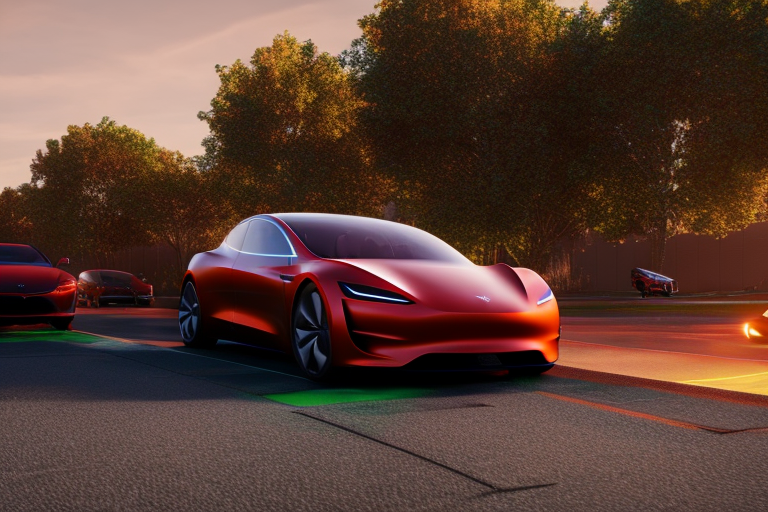Tesla’s recall of nearly 363,000 vehicles equipped with the Full Self-Driving Beta Advanced Driver Assistance System last week has raised serious concerns among safety experts. The Insurance Institute for Highway Safety (IIHS) has been particularly vocal in its criticism of the recall, citing research that suggests drivers using Level 2 ADAS tech often forget they’re not driving fully autonomous cars.
In a statement posted on the IIHS website, president David Harkey said the recall highlights “a more widespread issue with the ways that partial automation systems are designed and advertised.” He noted that none of the current systems is designed to replace a human driver or to make it safe for a driver to take their focus from the road and perform other activities.
Harkey also believes that recalls like the latest one from Tesla could be avoided if the drivers paid full attention to the road. He said that “fully attentive drivers could prevent their vehicles from doing the things cited in the recall.” He also noted that Tesla’s part of the blame is that it named these systems “Full Self-Driving” and “Autopilot,” leading some people to believe their vehicles can drive on their own.
The IIHS president also announced that the organization has been working on the development of a new safeguard ratings program “to address how well partial automation vehicles will keep drivers engaged in the driving task and will begin rating vehicles later this year.” This is good news not only because it could lead to better informed consumers but also because it might spur competition among automakers to do better on this front.
Tesla’s recall issued on February 15 for certain Model 3, Model S, Model Y and Model X vehicles was initiated after the National Highway Traffic Safety Administration (NHTSA) determined that the FSD Beta system had a fault that could cause vehicles to enter intersections in an unlawful manner or exceed the speed limits on inner city roads if the driver did not intervene.
The IIHS believes that this recall highlights the need for automakers to be more responsible when designing and advertising partial automation systems. It also emphasizes the importance of drivers paying full attention to the road at all times and taking control when necessary. The organization’s new safeguard ratings program could help ensure that drivers are better informed about the capabilities of their vehicles and that automakers are held accountable for their designs.
FAQ
Q1: Are electric car batteries recyclable?
A1: Yes, electric car batteries are recyclable.
Q2: Are electric car chargers free?
A2: It depends on the charger and the location. Some electric car chargers are free, while others may require a fee.
Q3: Can electric car batteries be rebuilt?
A3: Yes, electric car batteries can be rebuilt with the right tools and knowledge.











